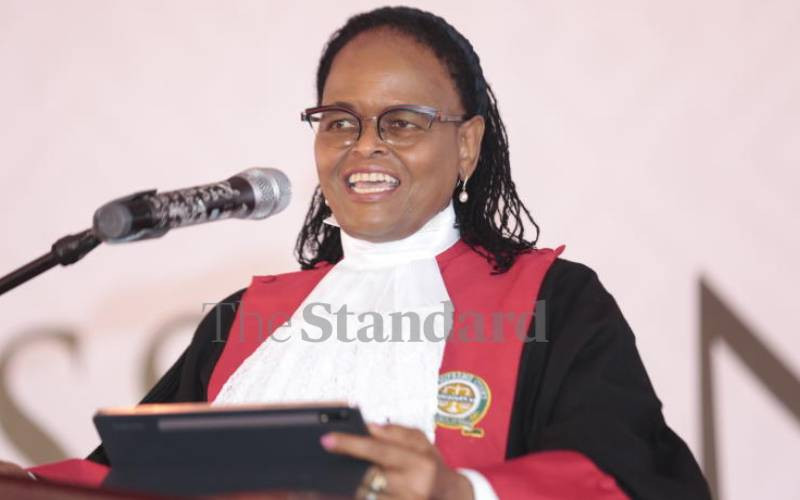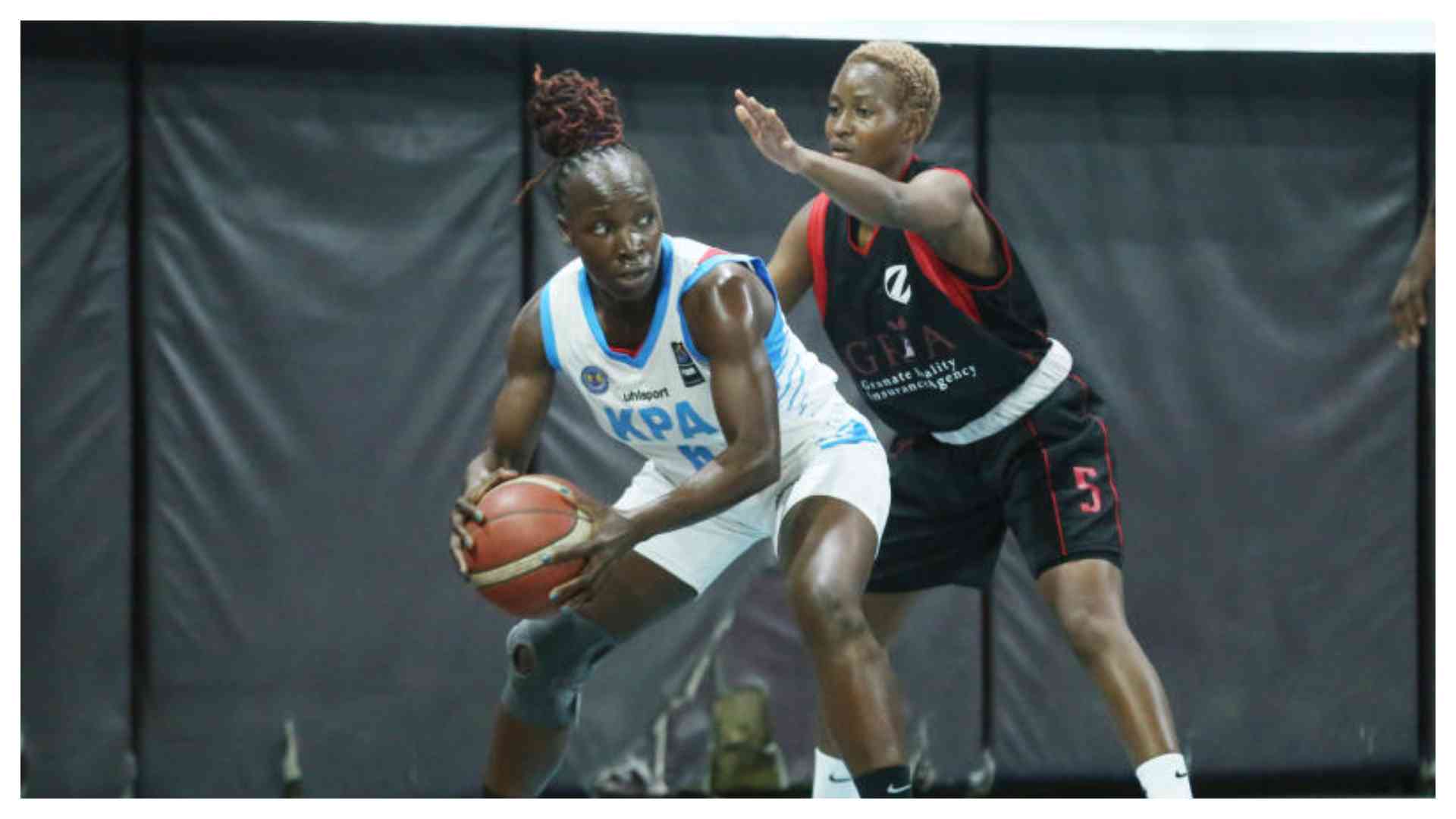
Audio By Vocalize

The efforts by Chief Justice Martha Koome to strengthen Alternative Justice Systems (AJS) and Alternative Dispute Resolution Mechanisms (ADR) including through Court-Annexed Mediation are commendable.
They should be supported with resources and political goodwill because of the many benefits that accrue from them. ADR focuses mainly on resolution of disputes while AJS goes beyond resolving disputes to include dispute prevention, minimising or ending recurrence of disputes, and supporting integration offenders so that they do not re-offend. Both mechanisms are beneficial to the Judiciary and their subsets include mediation, conciliation, neutral evaluation, mini-trial and arbitration.
